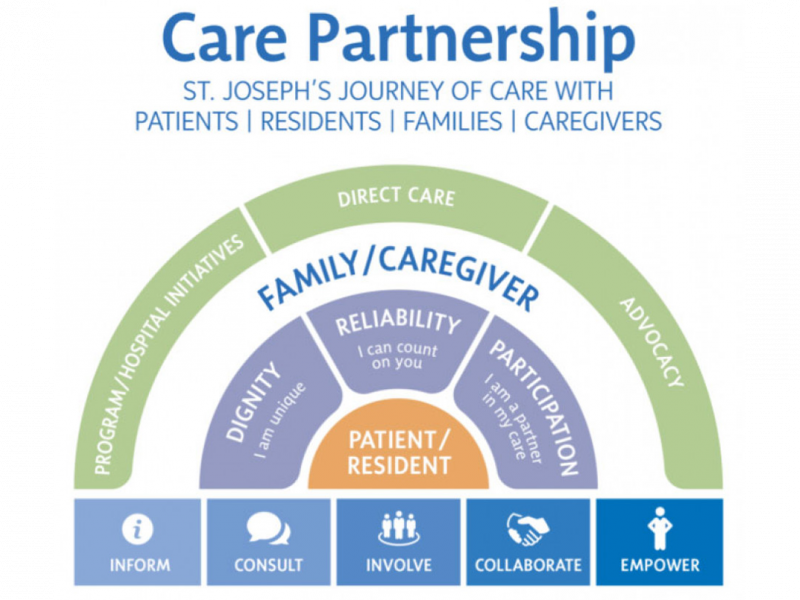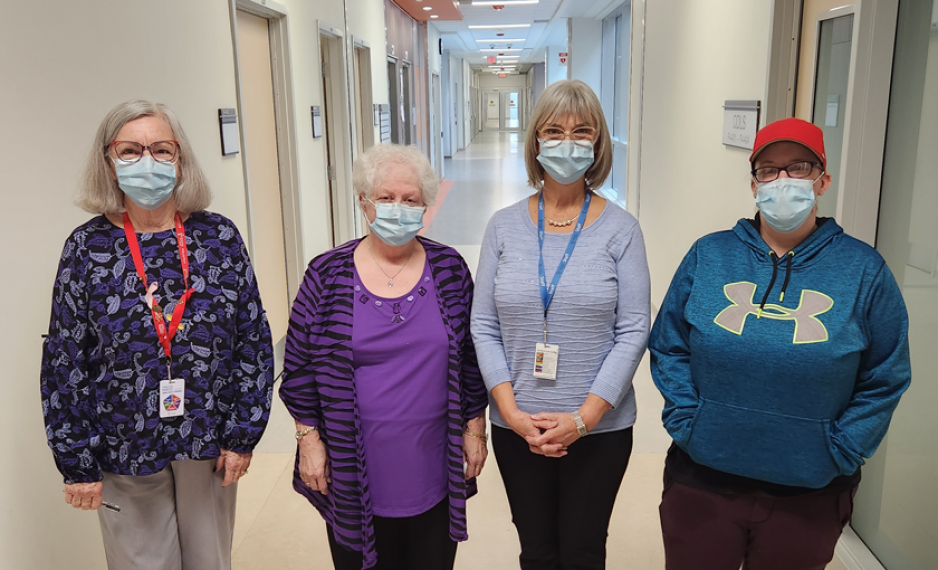From fear to freedom
“The first emotion I remember feeling was fear. I was 5 or 6 years old and I had surgery to put tubes in my ears. That was my first conscious memory and fear ended up being at the centre of most of my life,” recalls 38-year-old Kersten as she sits in her living room surrounded by her baseball cap collection. She never thought she would have a home to call her own, let alone friends that truly care for her.
She was born into a loving family, living with her Mom, Dad and older brother, but she never had friends and was bullied and harassed by students in school and branded as a problem child by her teachers and school administration. “People just didn’t like me,” she remembers. “The taunting in school was all day from 8:30 am to 4:30 pm. from as early as I can remember. By the time I turned 12, I started to fight back. I really hated the world. All I wanted was to be liked and accepted.”
Kersten started to self-harm, first carving the word ‘hate’ into her right forearm, a nickname that followed her throughout her teenage years. When she transitioned to high school, she was out of control and didn’t care about anyone or anything, pushing her family away and turning to drugs to manage her emotions. “The first drug I tried was marijuana and I hated it,” she says. “I know that sounds strange coming from some one that grew up to be a drug addict, but I’ve never liked getting high, it made me anxious. I used because the drugs took away my emotional pain, I didn’t hurt anymore.”
At 15, Kersten tried to take her own life, overdosing on prescription pills. She began to have paranoid thoughts and in a group home, a social worker helped connect her physical symptoms and behaviours to an underlying mental illness, first diagnosed as borderline personality disorder. She relocated to London at 18 and in a big city with no support system, the next few years of her life was spent in and out of group homes, institutions, detention centres and hospital. “I was seen as a mental health case. Nobody took the time to dig deep and stick around long enough to really care about me and find out why I was like I was.”
As part of her treatment, Kersten became a patient of St. Joseph’s Health Care London’s (St. Joseph’s) Concurrent Disorders Program at Parkwood Institute. St. Joseph’s mental health care team reassessed her diagnosis to find she has schizophrenia. “I’ve been lucky to have some truly amazing health care workers who have been supportive and have helped me manage my illness and my addiction.”
Another big turning point for Kersten came when she found God and Narcotics Anonymous (NA). “I’ve met wonderful people through NA, who love me for me, they don’t want or expect anything from me. I’m loved. For the first time in my life, I’m loved.”
Through her treatment, Kersten has also reconnected with her family and has become an advocate for others, becoming a Care Partner at St. Joseph’s and member of the Parkwood Institute Mental Health Care Patient Council. As a Care Partner, Kersten has shared her experience to inform strategies for St. Joseph’s care teams in how to involve patients and caregivers in their own care and create more positive experiences during times of transition and information transfer. She has also joined a team of Care Partners assisting the organization in preparing for Accreditation, focusing on person and family-centred care.
“Some aspects of my mental health care weren’t helpful to me and I want to use my experience and voice to help improve the system for others. The biggest thing I’ve learned in my journey is it’s OK to reach out to friends, family and my health care team when I need support. I now know without a doubt, that no matter what happens in my life that I never have to use again because I have a support system I can turn to for help. It’s an amazingly freeing feeling. I’m finally in a place where I’m happy with being me.”
-
What does Care Partner mean?
“Care Partner” is a term for any person who is or has recently been a patient or resident, family, loved one, care provider, or friend for a patient or resident. Care Partners share their experience and knowledge about their unique care journey collaboratively with St. Joseph’s in areas such as policy and procedures, quality improvement, direct care, and other initiatives.

